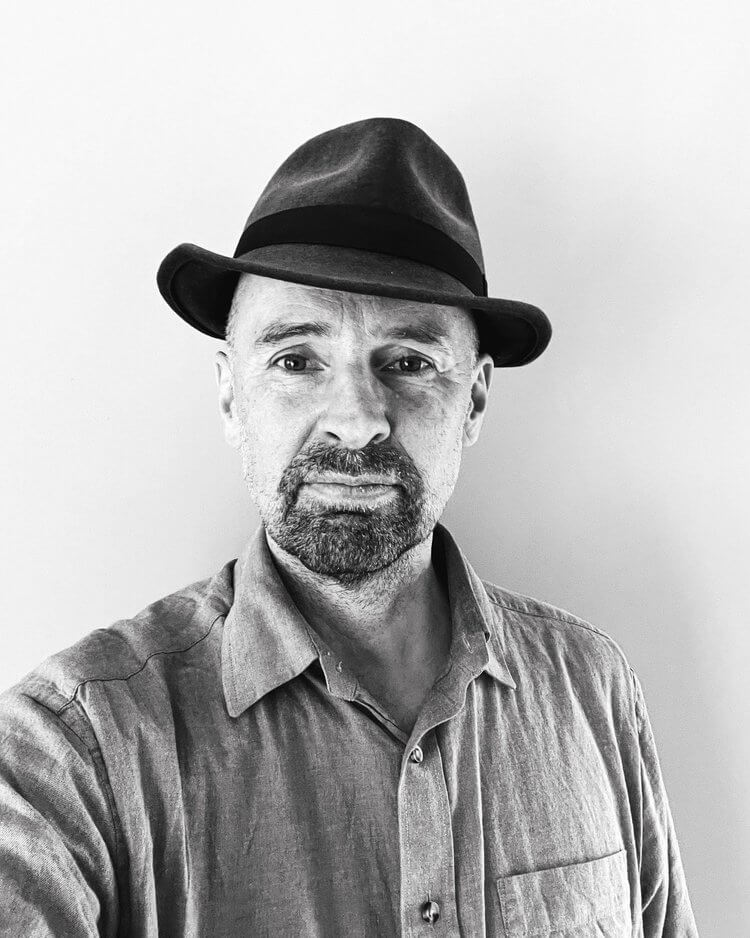
David Jubb, Citizens for Culture project manager, discusses the project and plans for the 2025 Assembly
We are exploring how we can use a Citizens’ Assembly to co-create a cultural strategy for the city and surrounding region. Earlier this year, we recruited a producer to help with the successful delivery of the Assembly. We caught up with David Jubb, project manager, to find out more about the role and the Citizens for Culture project.
Hi David! Tell us more about the role of producer and what they’ll be working on.
This is a role that I wish had been around when I was developing my practice as a producer. I would have jumped at it. The role oversees the entire citizens’ assembly process over the coming 12 months. This will include all the current development stages, procuring key partners and laying the groundwork for the UK’s first citizens’ assembly to create a cultural plan for an entire region. The role will work closely with assembly members, supporting their needs and ensuring that each one has a positive and inspiring experience. They will also establish the framework for the assembly’s recommendations to be carried forward. I think one of the many exciting things about the role is that citizen-led decision-making, such as citizens’ juries, citizens’ assemblies and panels, are growing in the creative and cultural sector. So the producer will put themselves in an interesting position in terms of the future opportunities in the sector.
Who does the Citizens’ Assembly Producer get to work with?
They work closely with all the project partners: LaToyah McAllister-Jones, executive director of St Pauls Carnival; Emma Harvey, CEO of Trinity; Sarah James, creative and cultural programme lead at the West of England Combined Authority. Each partner brings different experiences to the project. LaToyah works with Involve to facilitate assemblies as well as her extensive professional experience in and out of the cultural sector. Emma has been a driving force for how cultural buildings can use creativity as a tool for civic participation. Sarah is leading Culture West, a regional programme which brings practitioners together to create a transformational shift to co-created models of practice. The producer would also work with me. My background is in the cultural sector. I was artistic director and CEO of Battersea Arts Centre from 2004-19, before becoming more interested in citizen-led decision-making. Last year I co-founded Citizens In Power as a not-for-profit organisation, with the purpose to co-design ways for citizens to lead decision-making.
In addition to the project partners, the producer works with the assembly’s Oversight Panel and Advisory Panel, independent groups who will advise on equity and inclusion, and select evidence for the assembly to consider. They will also collaborate with the Lead Facilitator, the Combined Authority and four Unitary Authorities, the assembly’s funding partners, Arts Council England and Gulbenkian Foundation, and everyone involved in the production and logistics of the assembly itself. It’s a big team!
What does success look like for you within this project?
By having a Citizens’ Assembly for creativity and culture, the project aims to democratise decision-making in the cultural sector. The assembly will empower citizens to co-create a vibrant, inclusive cultural delivery plan for the West of England. It’s important to know that when we say “citizens” we mean people who live, work or stay in a place – i.e. everyone! Success will be a project that constantly challenges itself on issues of equity and inclusion.
Essential success measures are inclusive participation, constructive deliberation and actionable recommendations. We are involving both citizens and practitioners from the sector in the design of the assembly to help us achieve this. Of course, the real test of success for Citizens for Culture will be the delivery of the assembly’s outcomes. This will require the collaboration of lots of different partners: from councils, sector organisations, communities, funders to individuals, all working together to make change happen. We need to grow many of these partnerships in advance of the assembly happening in 2025. We also hope Citizens For Culture provides inspiration for other councils and funders which are seeking to create future delivery plans by putting citizens at the heart of the process.
Privacy Policy | Cookie Policy | Terms and Conditions | Contact Us | Site infomation